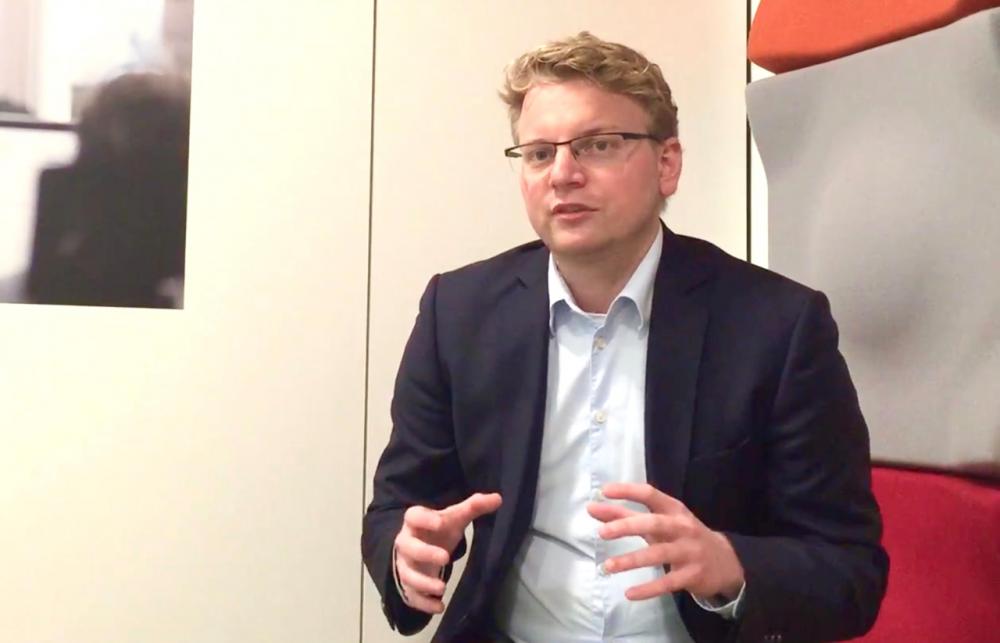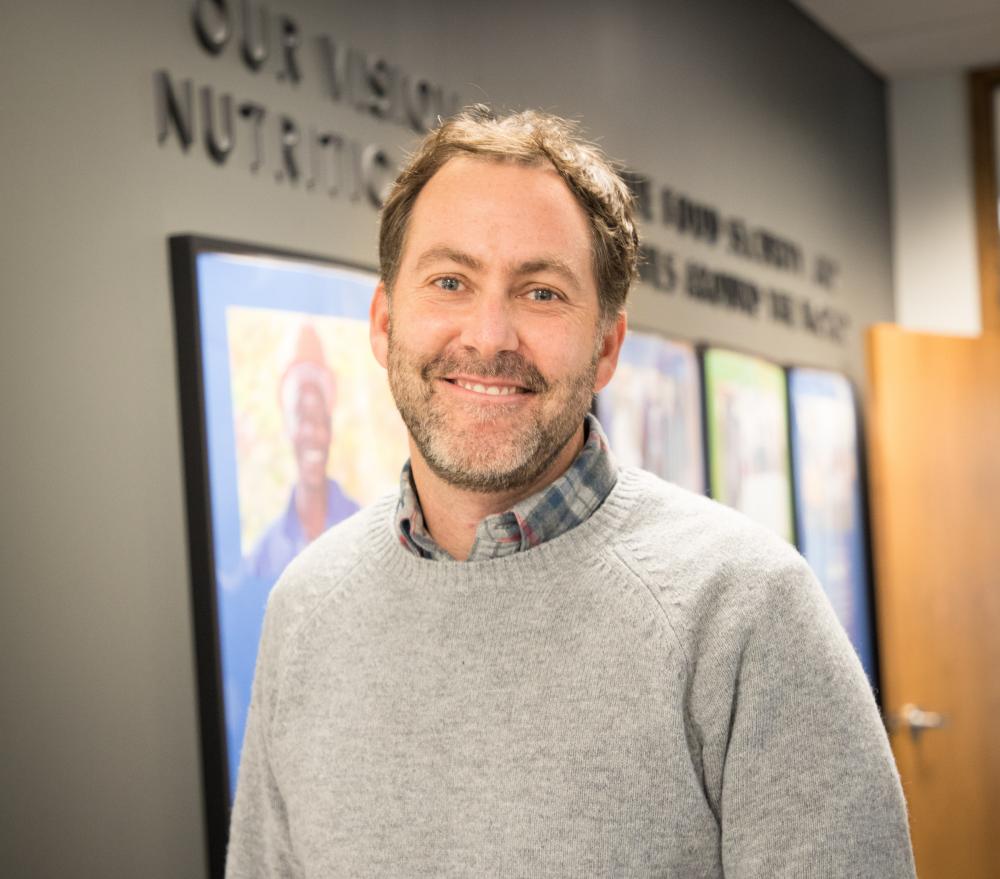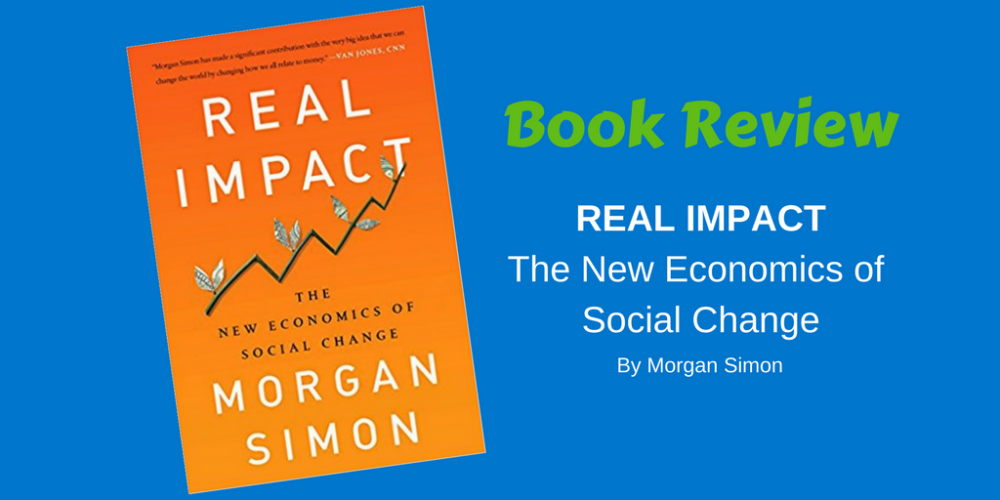Blog
Get Updates

In May 2017, Hershey Senior Marketing Manager, Kwok-Yu Ng, Cereal Partners Worldwide (CPW) Marketing Manager Eszter Dara, and CPW Regional Insights Controller Priya Sivaraman joined a kick-off call with TechnoServe staff to begin a project with two District Women’s Development Associations (DWDA) in Zambia. Both Katete DWDA and Chipata DWDA produce sunflower oil with the goal of providing nutritious products to their communities and providing empowering economic opportunities for women. In typical PFS fashion, we recently conducted a virtual interview with Eszter and Kwok-Yu to learn more about the experience.
Q: What was your role on the projects?
Kwok-Yu: I served as a marketing volunteer. My role was to help the clients define the brand positioning, its differentiation, and competitive advantages in order to write a design brief to initiate the brand design for packaging use. I then helped evaluate the design options and guide the client decision towards choosing the final designs.
Eszter: As a project volunteer on the Chipata & Katete branding projects, I’ve partnered with two other volunteers and a design agency to develop the first ever branding visuals and label designs for the sunflower oil produced by Chipata & Katete District Women’s Development Associations.
Q: What was the biggest challenge?
Eszter: The biggest challenge was to receive all necessary input from the client in a timely manner and to understand their rationales behind the feedback on the proposed design routes.
Kwok-Yu: The biggest challenge was that because the volunteer group had no experience in the local market in Zambia, we had many branding and consumer questions that the clients were perhaps not accustomed to, so there tended to be some delays in addressing the questions. I believe our questions helped the clients clarify their thinking on what their brands are about, and that clarity helped us create a tight design brief that led to great designs as a result.
Q: What surprised you about this experience?
Eszter: It was a positive surprise how closely, constructively and smoothly the entire project team collaborated, especially given that we all are coming from different professional backgrounds and three continents; we have never met in person and this was the very first time we worked together. We were working towards one aligned mission and this enabled the great, results-oriented and purpose-driven collaboration.
Kwok-Yu: That the world can work so seamlessly together! Our clients were in Zambia, our volunteers were in the UK and 3 different states/time zones in the US, and we all worked together to deliver beautiful, inspiring designs for farm-to-bottle sunflower oil to support the local women's development associations. We were remote in geography, but all genuinely connected to the cause.
Q: What was the most meaningful takeaway?
Kwok-Yu: I believe we really made a difference for the local entrepreneurs who are on their way to building and expanding their businesses. I hope the brand designs live on for many years to come as the businesses develop to their full potential.
Eszter: Our volunteer work indeed positively impacts the future of these small African companies, and even small contributions can drive significant progress.
Q: Briefly describe the key elements to developing the branding for these businesses.
Kwok-Yu: Again, our branding questions upfront were critical - the volunteers are all experienced marketers who have done branding projects before and knew exactly what clarity we needed to have before writing the design brief. Great designs start with the right design briefs.
I think we managed our communications well. We volunteers would organize amoung ourselves by email (e.g. collect and organize our questions, share design brief drafts, exchange feedback on designs etc.) before communicating with the clients - this helped present a unified approach to the clients to help drive towards decisions.
We only had conference calls when necessary - most of our communications were handled by emails, and phone calls were held for decision making. We didn't have too many people on each call, which made the discussions more focused and more efficient.
The design agency did an amazing job. Hornall Anderson delivered beautiful designs from the start, so we were on the right track from the beginning.
To learn more, you can view Katete DWDA’s website: https://sites.google.com/site/katetedwda/home

One project Christian contributed to was especially meaningful. He and Patrick Bowe, a business development manager at Cargill, developed a strategic plan for a Kenyan miller, which the client adopted and used to guide the construction of their new facility. This new facility is three times the size of their original space and will drastically increase their production capacity (maize flour line will increase to 26 metric tons/day, and a brand new wheat flour line will produce 24 metric tons/day). Christian's contributions do not stop there. He is currently on another project team helping a dairy company improve their supply chain operations and management.
When asked what inspires his volunteerism Christian says, "Being in touch with local people in Kenya and seeing their reactions to recommendations and enhancing a plan, it's really priceless. You are doing something great there and you know you can really help people... you can really play a role to nourish the world."
And there is appreciation on both sides. Our field staff have applauded his commitment and the insights his offers his project teams and clients.

Jeff Dykstra, PFS Co-Founder and CEO, has been awarded the prestigious Bush Foundation Fellowship. He will use the award to research other successful examples of partnerships, deepen his own leadership abilities and develop the tools and skills to coach the next generation of impact-oriented leaders. Don't worry, he's still staying on as our CEO during the fellowship. Congratulations Jeff!

In February, PFS held its 2018 Food Tech Summit in Nairobi, Kenya, where our Africa-based food technologist/program managers met with their Minneapolis-based counterparts for a busy three day working session. The team worked on new initiatives focused on adding more value for our client companies early on in the process of working with PFS and, in particular, communicating our primary focus on workplace safety.
Since 2016, PFS has been directly hiring food technologists to work as program managers in Africa, in collaboration with partner impact investors, to identify high-potential food processors in country and engage them on projects to improve their capacity to produce safe, nutritious foods. This highly-motivated team with deep training and experience in the food processing sector includes Christian Dedzo in Ghana, Daouda Sangare in Cote d'Ivoire, Johnson Kiragu in Kenya, and Edwin Gafa in Uganda.
This summit was the first time all four program managers met together and offered a great opportunity for team building and process alignment, as well as portfolio management and volunteer experience. Our program managers, based in four different countries, shared stories and best practices on navigating the food-processing sector in their home countries. They also discussed how to best explain what PFS offers to clients in places where Partners in Food Solutions is new.
In recent months, the team has been creating resources they can use to portray PFS’s value of workplace safety and good manufacturing practices to our clients. Our clients themselves identified their need for information on building a culture of safety at work due to repeated incidents of workplace injuries and even deaths.
In partnership with our newest PFS senior advisor, Kurt Schnieder, Uganda Program Manager Edwin Gafa presented the team with a newly developed Client Safety Brochure, which acts as both an assessment tool and a guide. It contains a safety checklist that the team has already begun using to assess clients’ GMP and workplace safety needs. The brochure, titled “Safe food comes from safe people and safe production,” emphasizes the importance that PFS and our corporate partners place on workplace safety.
In addition to sharing the new safety assessment and guidelines, the team received PFS-branded personal protective equipment (PPE), which they can wear and serve as an example while visiting both active and prospective clients.
With their safety brochures and PPE, our field team are well-equipped to demonstrate and teach the importance of workplace safety while giving clients the tools for improving their own facilities.

For over a decade, impact investing – investments intended to generate social or environmental impact - has been a stealth trend in development. Partners in Food Solutions is also part of this trend, having established relationships with firms like Root Capital and Grassroots Business Fund, to leverage PFS expert know-how with their financial support to their portfolio clients.
Understandably, the idea of supporting social good while earning a financial return can sound too good to be true. The feel-good goals of impact investing, which could seem impossible to measure, make it vulnerable to cynics. That ambiguity, coupled with enough esoteric-sounding financial terms, can make the concept feel inaccessible to the modern day non-millionaire.
And yet, the bandwagon keeps growing. As income inequality grows, the world is calling for a global economic readjustment, not just in millions – but billions - of dollars.
In that sense, this book comes at just the right time. Ms. Simon walks the line between activist and MBA, bridging what was once a marriage of strange bedfellows. Bringing an activist voice and an investor attitude, Ms. Simon calls for a more rounded, thoughtful approach to investing, one that takes a whole world perspective. After all, diverting cash flows to extinguish poverty only works if you aren’t also holding the matches.
Real Impact is a helpful guidebook, categorizing, critiquing and championing impact investment in a way that is entirely readable. Ms. Simon outlines the development, its definitions, its shortcomings, and her vision for how to make it work. And if you find yourself without billions of dollars, she even includes concrete steps for the everyday person on how to make your own impactful investments.
Visit Morgan Simon's website HERE.
